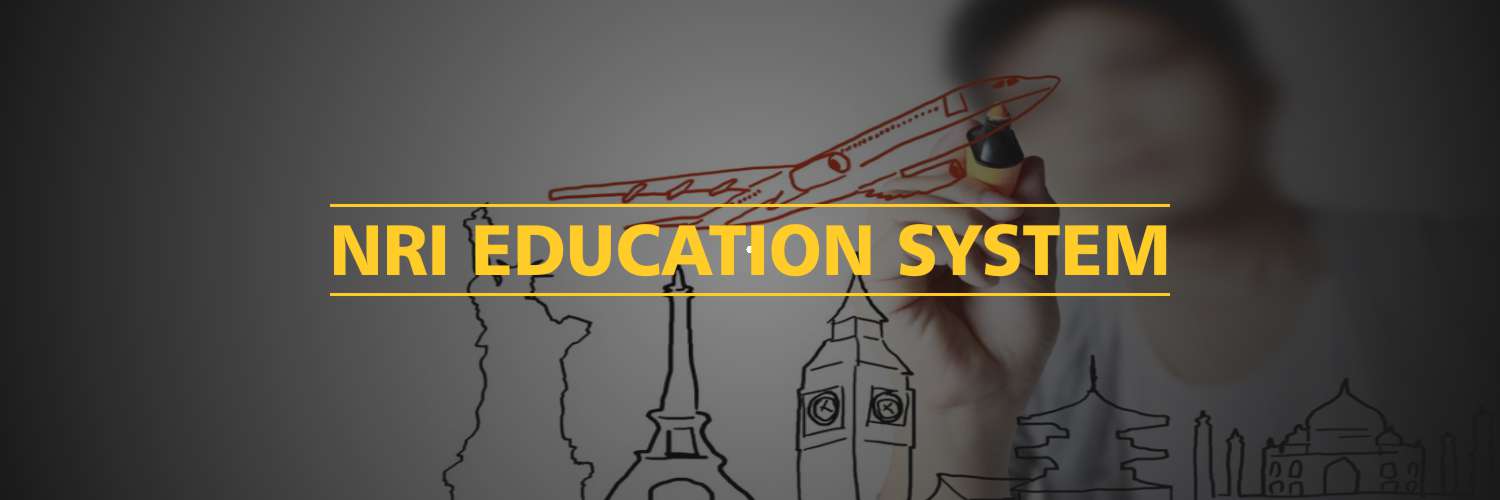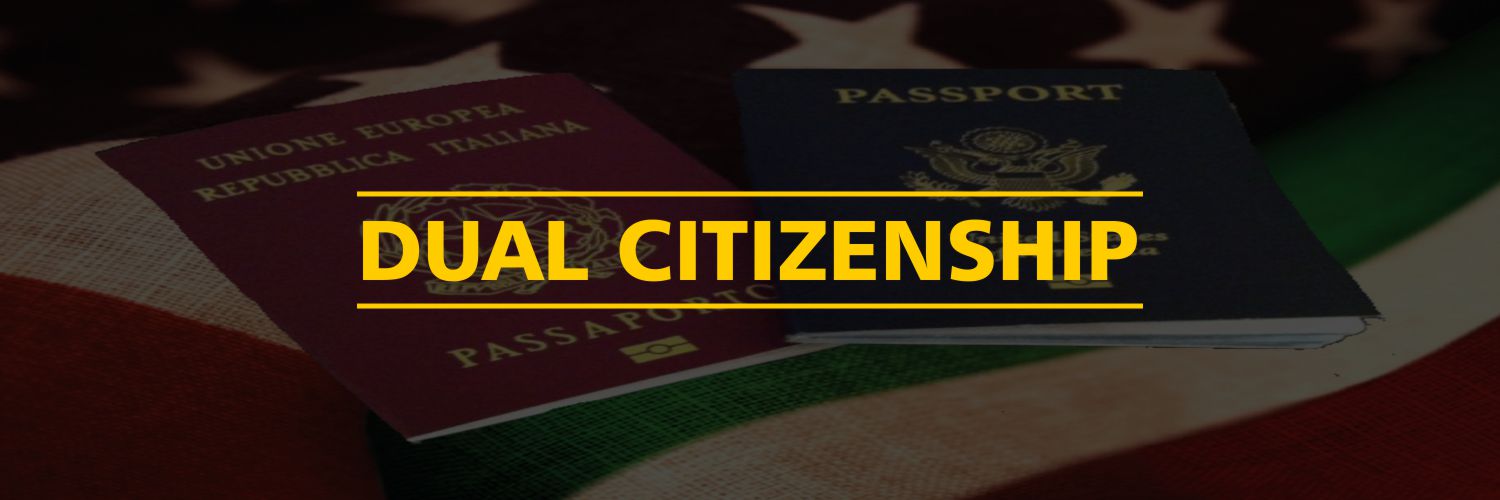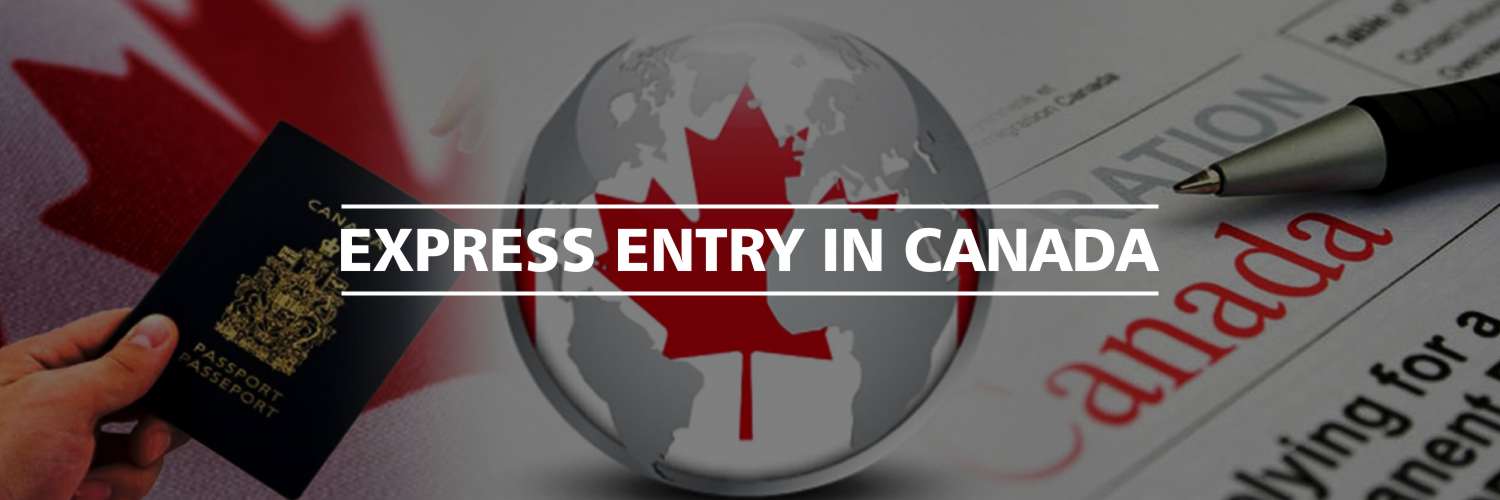Humanitarian and Compassionate Grounds – Immigration Appeal – Canada
Immigration to Canada is subject to strict procedures. One of the tacit considerations of immigration is the conduct of the immigrant until they have received their citizenship. In this regard, the Supreme Court of Canada has given a leading decision in a case titled as “Canada (Citizenship and Immigration) v. Khosa, 2009 SCC 12” which lays down the laws on Immigration Appeal – Canada. In this case the court the review of the removal order was to be based on humanitarian and compassionate grounds.
Immigration Appeal – Canada – Concerned Authorities
- Immigration and Refugee Board (IRB)
- Immigration Appeals Division (IAD) – It is one of the authorities under the IRB
- Federal Court
- Federal Court of Appeals
- Supreme Court
Immigration Appeal – Canada – Sukhvir Singh Khosa Case
In 1996, Sukhvir Singh Khosa, at the age of 14, immigrated to Canada along with his family and became a permanent resident of Canada. When he was18 years of age, due to his participation in street racing in Vancouver which eventually led to the death of an innocent pedestrian, he was found guilty of criminal negligence causing death. As a consequence he was punished with a conditional sentence of two years which also included house arrest, a driving ban, and community service. Khosa’s appeal was dismissed and under section 36 (1) (a) of the Immigration and Refugee Protection Act, Mr. Khosa was ordered to be removed from Canada on the charges of serious criminality.
Mr. Khosa appealed against the removal order on the basis of humanitarian and compassionate grounds before the Immigration Appeal Division (IAD) of the Immigration and Refugee Board of Canada. The Immigration Appeal was dismissed on the basis that “sufficient humanitarian and compassionate considerations to warrant special relief against the removal order in light of the circumstances of the case” were not made out.
On appeal, the judicial review application, of the IAD’s order, was also dismissed by the Federal court.
The decision of the IAD and Federal Court was challenged by Khosa and an appeal was filed before the Federal Court of Appeal. The Federal Court of Appeal held that, the standard of review of the IAD’s decision by the Federal Court, should have been reasonableness, instead of patent unreasonableness, and thus, allowed the Appeal. It held that the IAD’s preoccupation with the appellant’s street racing and not the trial court’s appreciation of his remorse, was satisfactory grounds for questioning the reasonableness of their decision.
Thereafter, the Federal Court of Appeal’s decision was appealed to the Supreme Court, by the IAD. The Supreme Court overturned the decision of the Federal Court of Appeal, on the basis that the standard of review analysis, based on common law principles was misconstrued in the present case. It held that, the findings of the IAD were based on fact, and the Federal Court of Appeal was erroneous in interpreting the standard of review under the Federal Courts Act, to review the facts of the case. The Supreme Court stated that the IAD has the sole discretion in granting the immigration appeal and it is in their sole authority to revoke the removal on humanitarian or compassionate grounds. It found that so long as there was nothing wrong with the procedure followed it was not necessary for the appellate court to interfere and make a finding in fact. It thus upheld the decision of IAD,. After this judgement Mr. Sukhvir Khosa was deported to India in 2009.
Related Articles
Read more about The 3 Most Common Types of Visas for Express Entry to Canada
Temporary Resident Visa Canada – FAQ
Immigration Appeal in Canada – Right to Appeal
Immigration to Canada – Changes in Manitoba Provincial Nominee Program









